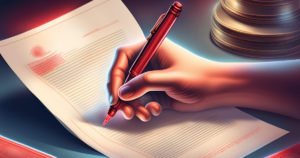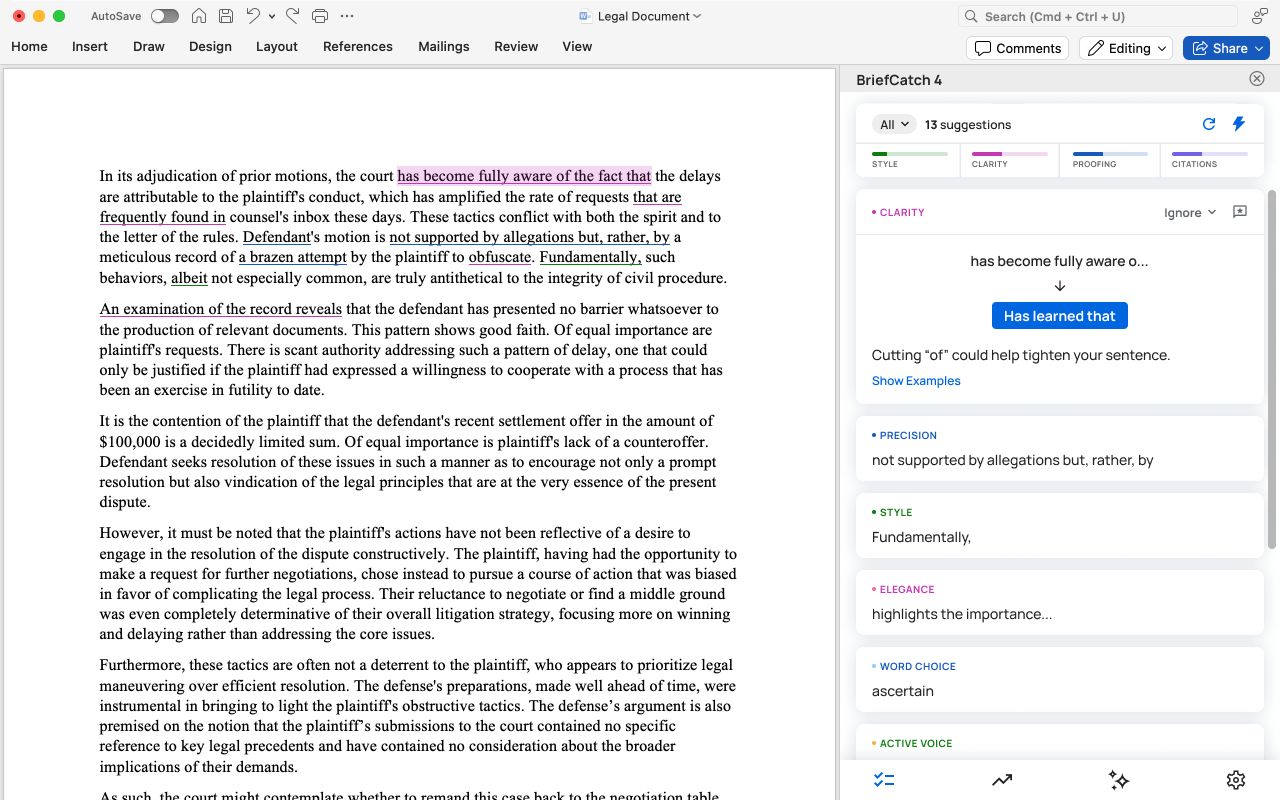
Eight Ways to Write a Superb Brief
In his latest eBook, Ross Guberman, CEO and Founder of BriefCatch, shares eight tips for drafting a superb brief, based on Kannon Shanmugam’s merits brief in Walker v. United States. Learn strategies for making persuasive and effective arguments. Whether you’re a seasoned writer or drafting your first brief, these tips will elevate your legal writing. Download the eBook now!











